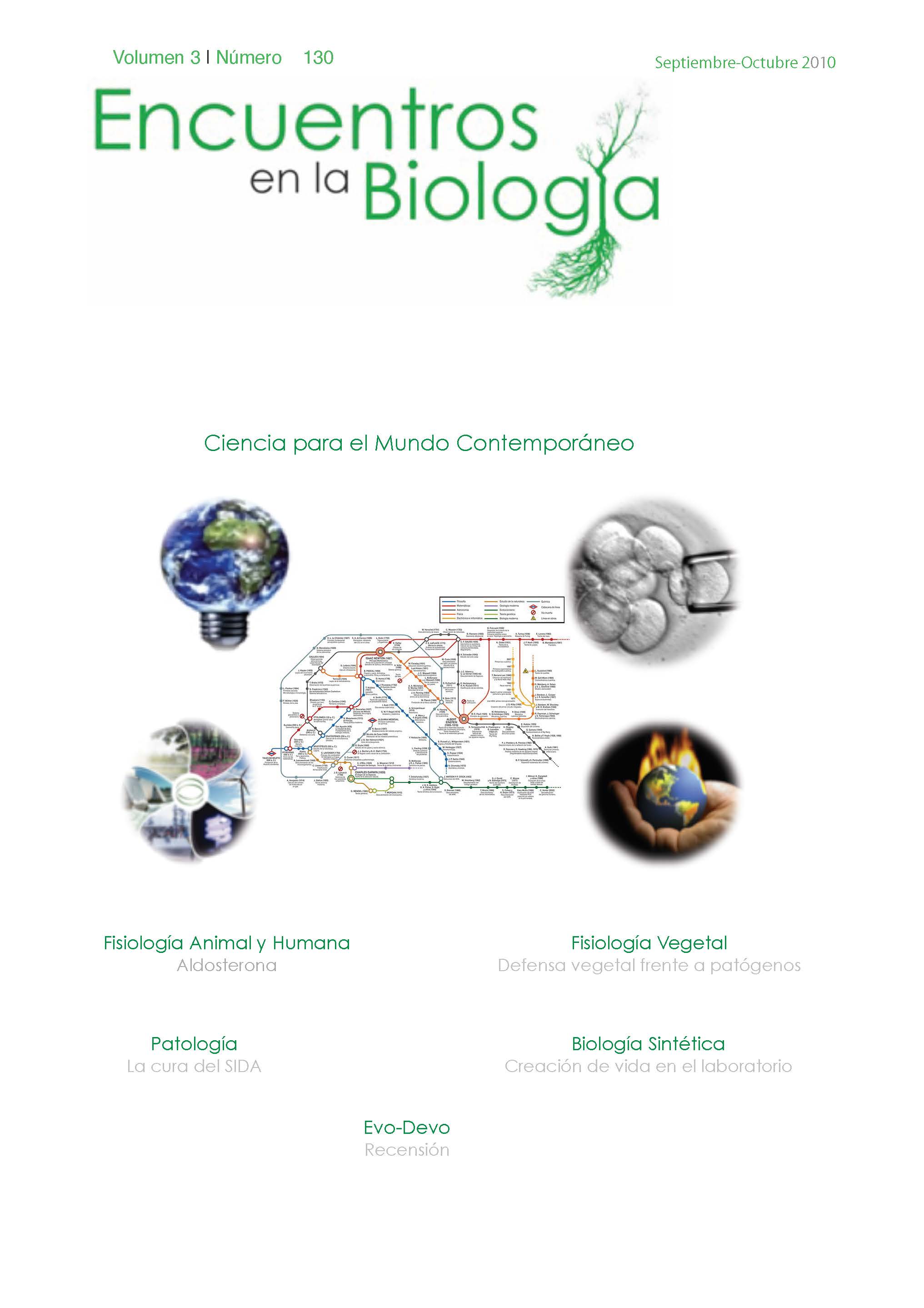Winning by losing in the human genome: or the hypothesis that less can be more in evolution
Keywords:
human genome, evolutionAbstract
The idea that the most complex organisms are the most evolved is deeply rooted in general scientific opinion. This is because we generally assume that organisms adapt better to the environment by increasing their functionalities, which entails, among other things, a parallel increase in their genetic complexity. The adaptive improvement achieved through the increase of genetic variants develops through an energetically expensive and innovatively slow cycle such as gene duplication, followed by divergence through the accumulation of mutations, and the selection or fixation of the new genetic variants in the population. It seems, therefore, contrary to common sense that a species “wants” to improve its adaptability by stoning its genetic inheritance, losing functional genes that it has cost so much to obtain throughout its evolution, as proposed in the hypothesis that “less is more”. It is for this reason that genetic research has focused more on functionally active genes than on “broken” genes or pseudogenes
Downloads
Metrics
Publication Facts
Reviewer profiles N/A
Author statements
Indexed in
-
—
- Academic society
- N/A
- Publisher
- Uma Editorial. Universidad de Málaga
References
Olson MV. When less is more: gene loss as an engine of evolutionary change. Am J Hum Genet 64: 18-23, 1999.
Ranea JA. Genome evolution: micro(be)-economics. Heredity 96: 337-338, 2006.
Zhu J, Sanborn JZ, Diekhans M, Lowe CB, Pringle TH, Haussler D. Comparative genomics search for losses of long-established genes on the human linea- ge. PLoS Comput Biol 3: e247, 2007.
Wang X, Grus WE, Zhang J. Gene losses during human origins. PLoS Biol 4: e52, 2006.
Lynch M, Conery JS. The evolutionary fate and consequences of duplicate genes. Science 290: 1151-1155, 2000.
Ringelhann B, Hathorn MK, Jilly P, Grant F, Parniczky GA. A new look at the protection of hemoglobin AS and AC genotypes against plasmodium falcipa- rum infection: a census tract approach. Am J Hum Genet 28: 270-279, 1976.
Stedman HH, Kozyak BW, Nelson A, Thesier DM, Su LT, Low DW, Bridges CR, Shrager JB, Minugh-Purvis N, Mitchell MA. Myosin gene mutation correlates with anatomical changes in the human lineage. Nature 428: 415-418, 2004.
Downloads
Published
How to Cite
Issue
Section
License
Esta obra está bajo licencia internacional Creative Commons Reconocimiento-NoComercial-CompartirIgual 4.0.
Esta revista provee acceso libre inmediato a su contenido bajo el principio de hacer disponible gratuitamente la investigación al público. Todos los contenidos publicados en Encuentros en la Bilogía están sujetos a la licencia Creative Commons Reconocimento-NoComercia-Compartirigual 4.0 cuyo texto completo puede consultar en <http://creativecommons.org/licenses/by-nc-sa/4.0>
Se pueden copiar, usar, difundir, transmitir y exponer públicamente, siempre que:
Se cite la autoría y la fuente original de su publicación (revista, editorial y URL de la obra).
No se usen para fines comerciales.
Se mencione la existencia y especificaciones de esta licencia de uso
Los derechos de autor son de dos clases: morales y patrimoniales. Los derechos morales son prerrogativas perpetuas, irrenunciables, intransferibles, inalienables, inembargables e imprescriptibles. De acuerdo con la legislación de derechos de autor, Encuentros en la Biología reconoce y respeta el derecho moral de los autores/as, así como la titularidad del derecho patrimonial, el cual será cedido a la Universidad de Málaga para su difusión en acceso abierto. Los derechos patrimoniales, se refieren a los beneficios que se obtienen por el uso o divulgación de las obras. Encuentros en la Biología se publica en open access y queda autorizada en exclusiva para realizar o autorizar por cualquier medio el uso, distribución, divulgación, reproducción, adaptación, traducción o transformación de la obra.
Es responsabilidad de los autores/as obtener los permisos necesarios de las imágenes que están sujetas a derechos de autor.
Los autores/as cuyas contribuciones sean aceptadas para su publicación en esta revista conservarán el derecho no exclusivo de utilizar sus contribuciones con fines académicos, de investigación y educativos, incluyendo el auto-archivo o depósito en repositorios de acceso abierto de cualquier tipo.
La edición electrónica de esta revista esta editada por la Editorial de la Universidad de Málaga (UmaEditorial), siendo necesario citar la procedencia en cualquier reproducción parcial o total.


